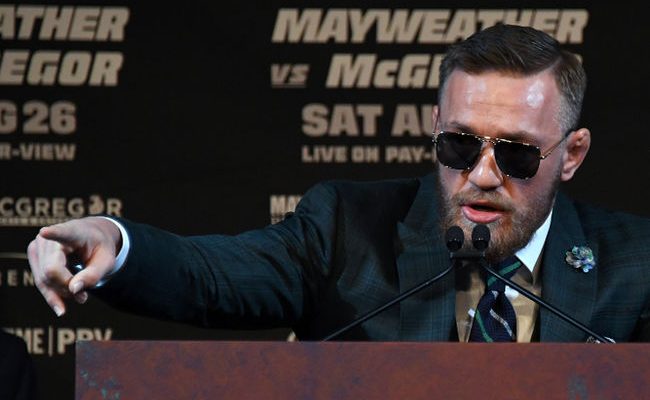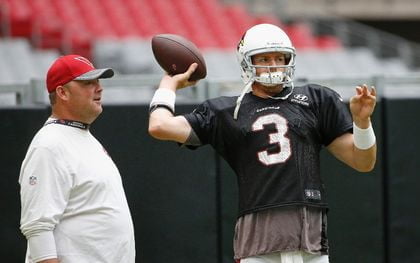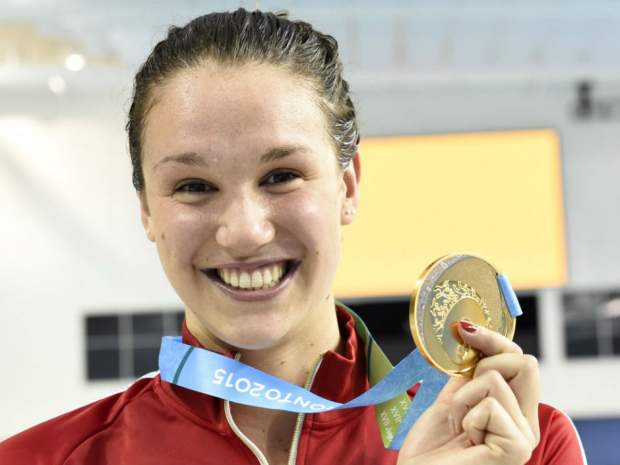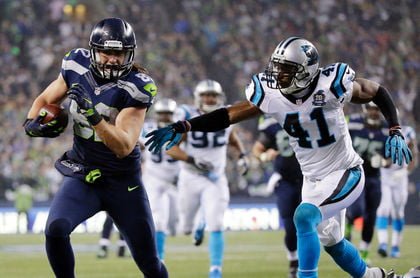Steve Simmons: One Olympic Stride at a Time for ‘the Next one’, Andre De Grasse
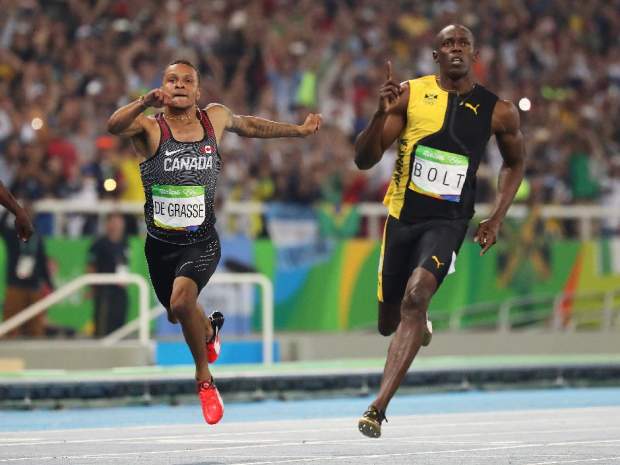
RIO DE JANEIRO — Usain Bolt stood side-by-side with Andre De Grasse, the present and the future, looking like he might have been Bolt’s little brother.
Bolt was playing and smiling and doing everything Bolt does when he turned to the little man beside him and offered up his hand, the way a father might do to his son.
Gimme five — and the little kid slapped back.
And then Bolt did as Bolt always seems to do. The races may change. The times may change. The Olympics may change. But the fastest man in the world — the fastest man ever — retains the title of all Olympic crowns. And the smaller man from Canada, eight years younger, eight inches shorter, won his own kind of respect in the finals of the 100 metres at the Summer Olympic Games Sunday night at a loud and frenetic Olympic Stadium.
Bolt won gold, not the way he usually does, not by blowing away the field, not by taking your breath away. There was none of that. This wasn’t awesome, but it was remarkably efficient. An older, pragmatic Bolt still had enough to win his third gold 100 metre race — the only runner in history to accomplish anything close to that — not starting particularly well, not finishing the way we saw him finish in Beijing or London.
But still fast enough, smart enough and competitive enough to earn victory in a time of 9.81.
De Grasse, in his first Olympic final, possibly the first of three this week, announced his arrival on the Olympic stage in his own distinct way. He won bronze, and maybe that was the only colour of medal available for a first timer. The gold and silver, again, went to Bolt and Justin Gatlin, who is nearing the end but still fast enough to run in 9.89. De Grasse edged out Johan Blake of Jamaica for third place in a time of 9.91 and NBC was so enticed by his performance they identified the third place finisher as Andre De Grasse of France rather than Andre De Grasse of Markham, Ontario, Canada.
Third place now. Maybe the favourite four years from now in Tokyo. One Olympic stride at a time.
“It was an amazing race,” De Grasse said afterwards. “I can’t complain, racing against Usain and Gatlin.”
And on his friendly, playful, hand-slapping relationship with Bolt. “He feels like I’m the next one and I’m just trying to live up it.”
After the first round Saturday, De Grasse said he was ready to do something spectacular. By that, he meant winning. It sounded strong and confident and probably it was. In this field, spectacular may be coming away with a bronze, with better days ahead. This is just a beginning for this wunderkind sprinter.
This is Gatlin’s last Olympics. It may be Bolt’s, who turned 30 next week. Winning the 100 over three consecutive Olympics was considered impossible until Bolt came along but along the way, winning the way he did, thrilling the crowd, becoming the most popular Olympian in these and any other Games, is a feat that will never be equalled.
Michael Phelps can win another 20 gold medals but he can’t conduct the orchestra the way Bolt still can. He smiles, the crowd smiles. He laughs, the crowd laughs. He takes his victory lap and does his famed pose, people are dancing along with him.
Most Olympic athletes represent their country. Bolt represents the world.
De Grasse may never get to that place, but then no one else may either. For him to place third in the world last year in Beijing and repeat here is astounding on its own. This is the title of all titles to search for: fastest man in the world. The gold medals that means more than all other gold medals.
And the bronze medal De Grasse now owns — there are opportunities for two more medals here — is a bronze of a different stature. Not all Olympic medals are created equal. A bronze for Canada Sunday night was almost as good as gold.
Almost. But there is still a distinction between Bolt and Gatlin, because Bolt never loses when it matters — and that’s over an eight-year period that includes three Olympics. And there is still a distinction between Gatlin and De Grasse, who soon he may be running against himself and a new kind of history when they are gone.
“He has the never-give-up mentality,” said national team coach Peter Eriksson. “That helps a lot in a race like this.”
The great Canadian Donovan Bailey said before the race he thought De Grasse would run 9.77 after watching him race the semi-finals and run beside Bolt in that heat as well. Before the day, he thought 9.82. Instead he ran in 9.91 on a chilly, windy night. Sprinting records are rarely broken in this kind of weather.
Bolt had just enough and De Grasse needed just a little more.
Years ago, diver Annie Pelletier held up a bronze medal and said in French: “Does it look like gold to you? It looks like gold to me.” De Grasse knows the colour of his medal. One day it may feel like gold, this unexpected battle of Andre and the Giant.



